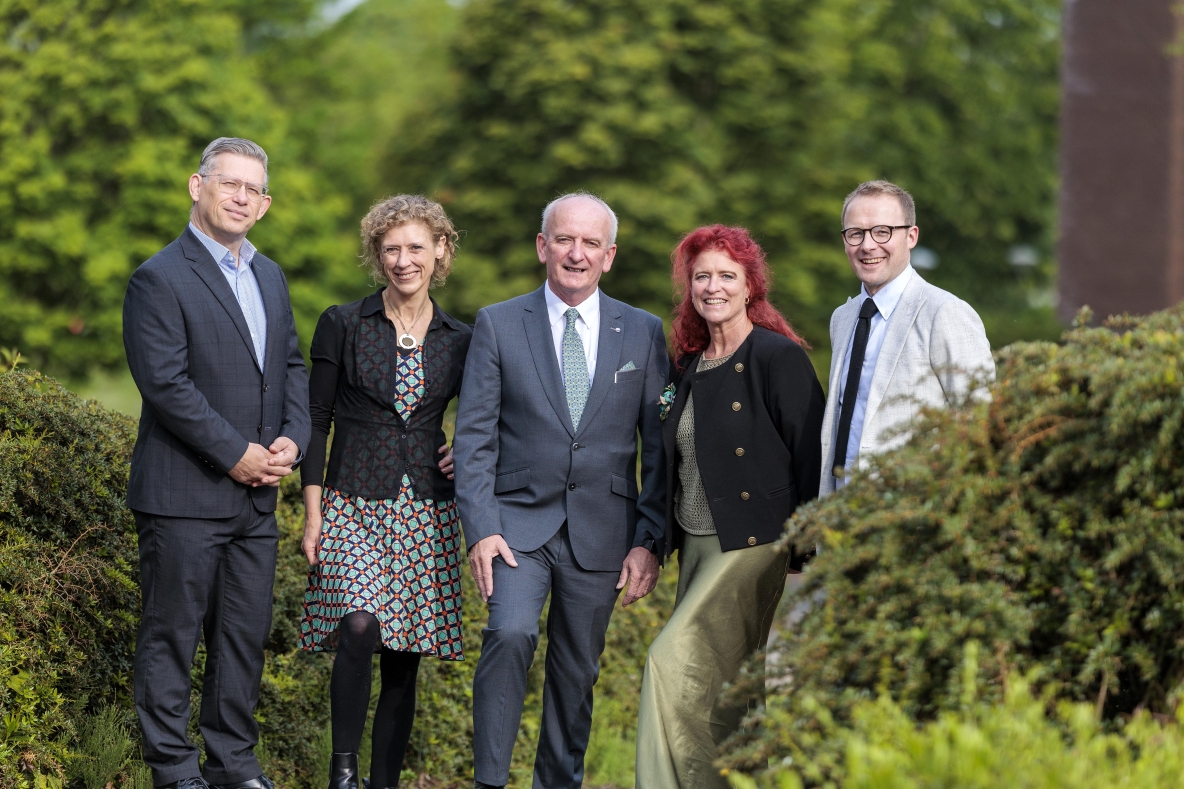
Bernard Gloster, the new CEO of the Health Service Executive, opened the recent Irish Street Medicine Symposium that took place on the University of Limerick campus.
Over three hundred delegates from across the country attended the event, which was opened by Mr Gloster and Professor Colum Dunne, Head of School and Director Research at University of Limerick School of Medicine.
The Symposium, hosted by Dr Patrick O’Donnell and the School of Medicine, is the main national inclusion health conference that looks at the health and wellbeing of people who are often socially excluded in Irish society.
It was run in collaboration with key partners including Safetynet Primary Care, HSE Mid-West Community Healthcare, the National Social Inclusion Office and the Department of Health Drugs Policy and Social Inclusion Unit.
It featured, among others, two international keynote speakers, 70 presentations, eight workshops, four panel discussions and a poetry session delivered by people with lived experience of addiction that was hosted by Senator Lynn Ruane.
Dr O’Donnell, Clinical Fellow in Social Inclusion at the UL School of Medicine and a GP with Social Inclusion in the Mid-West, explained that the conference “brought together experts-by-experience, academics, front-line professionals, policy makers and health service managers to discuss research and practice improvements designed to improve the health of these marginalised groups.
“This was the first conference for this group since the COVID-19 pandemic, and many attendees worked tirelessly throughout that time to support their vulnerable patients and service users.
“While the conference started out looking at the health needs of people who were homeless, it has since expanded to cover a range of people who need inclusion health services such as migrants and refugees, people who use drugs, people involved in sex-work, and others.
“We have learned and part of the purpose of this conference is to learn from each other, from projects around the country, learn from people and experts by experience and we have included people who bring the voice of those who use drugs.
“Us as service providers, must be front and centre in learning about new trends. For people providing these health services across the country, like this Street Medicine Symposium, one of the big purposes is sharing knowledge about changes that are evolving and how best to support our patients,” Dr O’Donnell added.